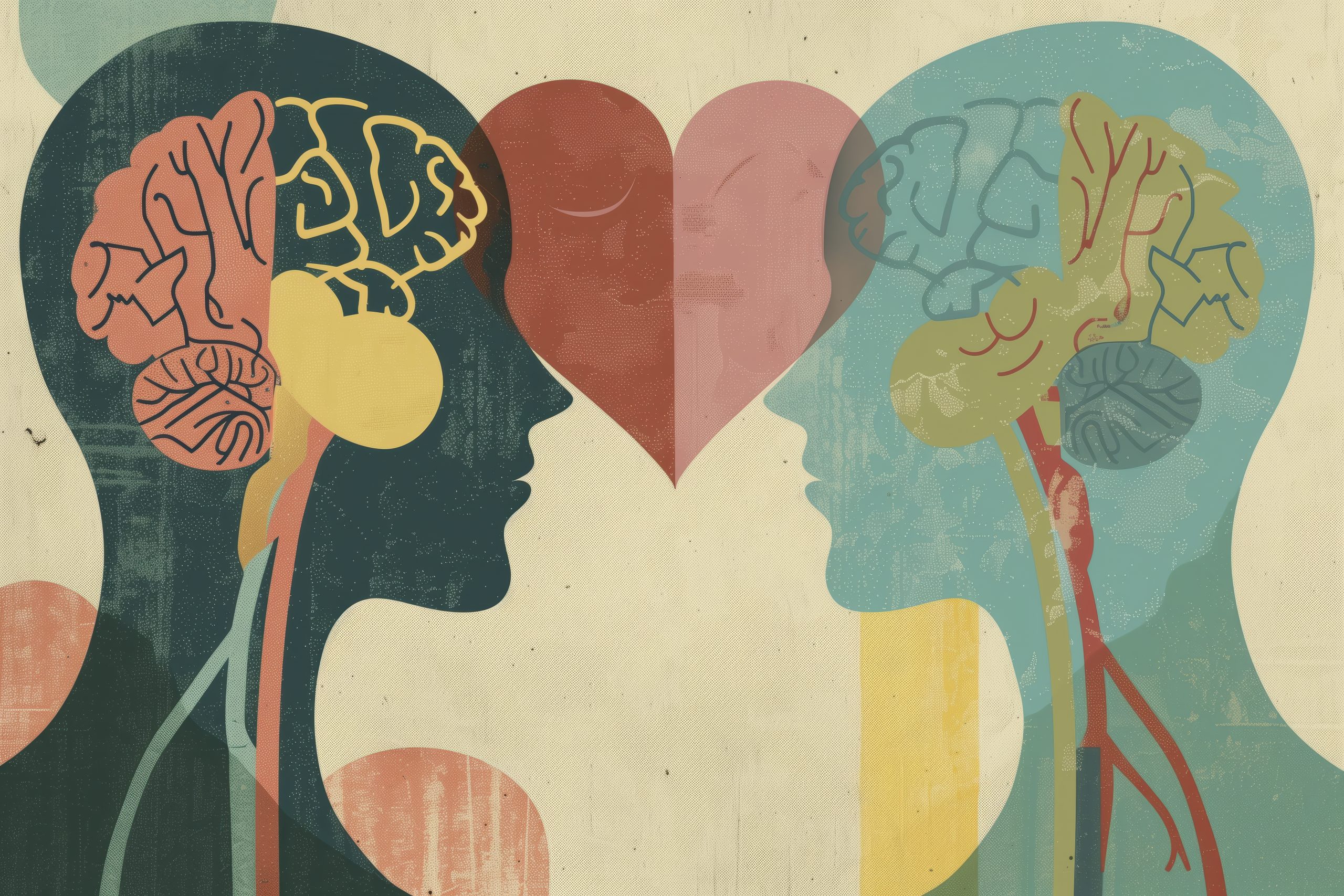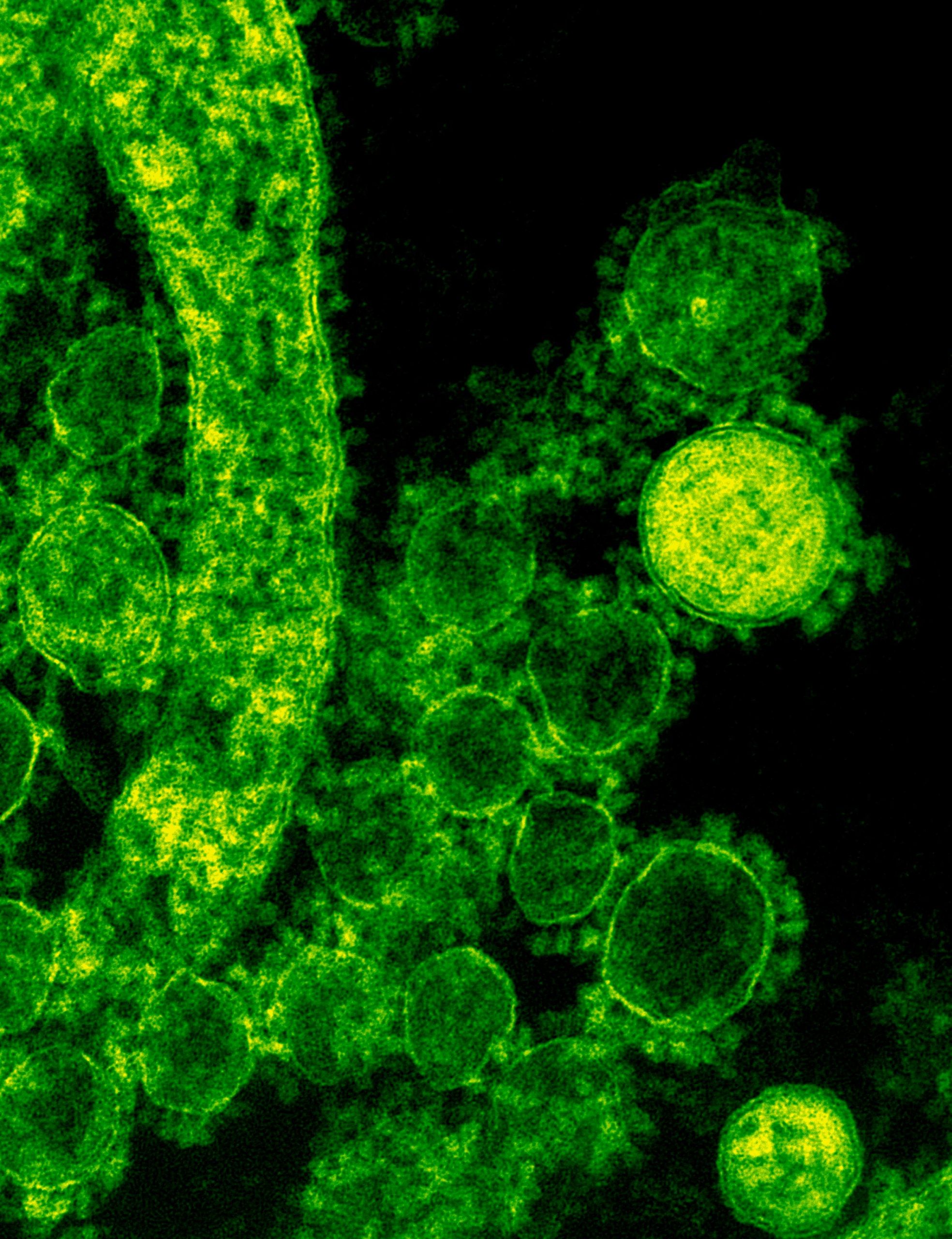
Celebrating Autism Awareness Day
Autism Awareness Day, celebrated on April 2nd each year, is a fantastic opportunity for us all to learn more, be more understanding, and support the rights of those on the autism spectrum. Recognised by the United Nations, this day shines a spotlight on the challenges and triumphs of individuals living with autism, pushing societies worldwide to foster greater awareness and inclusion.
Global Celebrations and Initiatives
All across the globe, Autism Awareness Day is marked with a variety of events and campaigns aimed at raising awareness and promoting inclusivity. In the United States, for example, landmarks such as the Empire State Building are illuminated with blue lights, shining in solidarity with individuals with autism. In Australia, community events and educational programmes are held to encourage public understanding and acceptance.
Japan takes a proactive approach by hosting seminars and workshops to educate the public about autism, while India celebrates with awareness rallies and art exhibitions that showcase the creativity and talents of those with autism. Each country brings its own unique cultural approach to the day, but the message is universal: acceptance, inclusion, and understanding.
UK Initiatives
Here in the UK, Autism Awareness Day is filled with activities designed to engage the community and promote a deeper understanding of autism. Iconic structures like the London Eye and Edinburgh Castle are lit up in blue, showing solidarity in the most visible way. The National Autistic Society (NAS) leads numerous initiatives, including the “Too Much Information” campaign, which educates the public about the sensory overloads experienced by individuals with autism.
Schools across the UK join in the celebration by organising assemblies, workshops, and fundraising events. These activities are not only educational but also create an environment of empathy and support among students. Various charities and organisations host community events, such as sensory-friendly film screenings, inclusive sports events, and informational fairs that everyone can enjoy.
Creating More Awareness and Understanding
Raising awareness and understanding of autism is something we can all get involved in. Here are some ways you can contribute:
1. Educate Yourself and Others
Knowledge is power, right? Take some time to learn about autism, its characteristics, and the challenges faced by those on the spectrum. Then, share what you’ve learned with your friends, family, and colleagues. The National Autistic Society’s website is a great place to start, offering a wealth of resources like articles, videos, and personal stories. Additionally, consider participating in online courses or webinars offered by universities and organisations specialising in autism research.
Hosting informational sessions or workshops in your community can also be a great way to educate others. Engaging local experts or individuals with autism to share their experiences can make these sessions more impactful. Schools and workplaces can benefit greatly from autism-focused training programs that help peers and colleagues better understand and support those on the spectrum.
2. Support Autism-Friendly Businesses
Many businesses are making admirable efforts to become more inclusive by offering sensory-friendly environments. Let’s support these businesses and encourage others to do the same. By patronising autism-friendly establishments, we can help create a more inclusive society.
Some notable companies include:
- Sainsbury’s: The supermarket chain offers a “quiet hour” where lights are dimmed and background music is turned off to create a more comfortable shopping experience for individuals with sensory sensitivities.
- Cineworld: This cinema chain hosts sensory-friendly screenings with reduced lighting, lower sound levels, and the freedom to move around, catering specifically to the needs of individuals with autism.
- Tesco: Tesco has introduced quiet hours and provides autism-friendly trolleys equipped with visual supports, making shopping less stressful for families.
3. Participate in Awareness Campaigns
Join in local and global awareness campaigns. Whether it’s wearing blue on Autism Awareness Day, participating in charity runs, or sharing information on social media, every little bit helps. Use hashtags like #AutismAwarenessDay and #LightItUpBlue to spread the message far and wide.
Here are some campaigns to get involved in:
- Light It Up Blue: A global initiative where landmarks and buildings are illuminated in blue to show support for autism awareness.
- Autism Hour: Organised by the National Autistic Society, businesses take part in a week-long initiative to create autism-friendly environments for an hour each day.
- Too Much Information: A campaign by NAS aimed at educating the public about sensory overloads and the experiences of individuals with autism.
4. Advocate for Inclusive Policies
Don’t be afraid to engage with local policymakers and advocate for inclusive policies that support individuals with autism. This might include access to education, employment opportunities, and healthcare services. Your voice can make a real difference in shaping a more inclusive society.
- Education: Advocate for personalised learning plans, teacher training in autism awareness, and support services within schools to ensure that students with autism receive the necessary accommodations to succeed.
- Employment: Push for policies that encourage workplace accommodations, such as flexible working hours, sensory-friendly environments, and autism awareness training for employees. Encourage companies to adopt inclusive hiring practices.
- Healthcare: Support initiatives that provide better access to healthcare services tailored to the needs of individuals with autism, including mental health support and specialised therapies.
5. Volunteer and Donate
Consider volunteering your time or donating to organisations that support individuals with autism. Charities like the National Autistic Society rely on public support to continue their vital work. Every contribution, no matter how small, helps to make a big difference.
Remember
Autism Awareness Day is more than just a date on the calendar; it’s a call to action for all of us to embrace diversity and promote understanding. By participating in global and local initiatives, educating ourselves and others, and advocating for inclusive policies, we can help create a world where individuals with autism are accepted, valued, and supported.
So, let’s come together on this important day, and every day, to celebrate the unique perspectives and talents of those on the autism spectrum. Together, we can make a meaningful difference in the lives of millions around the world.



